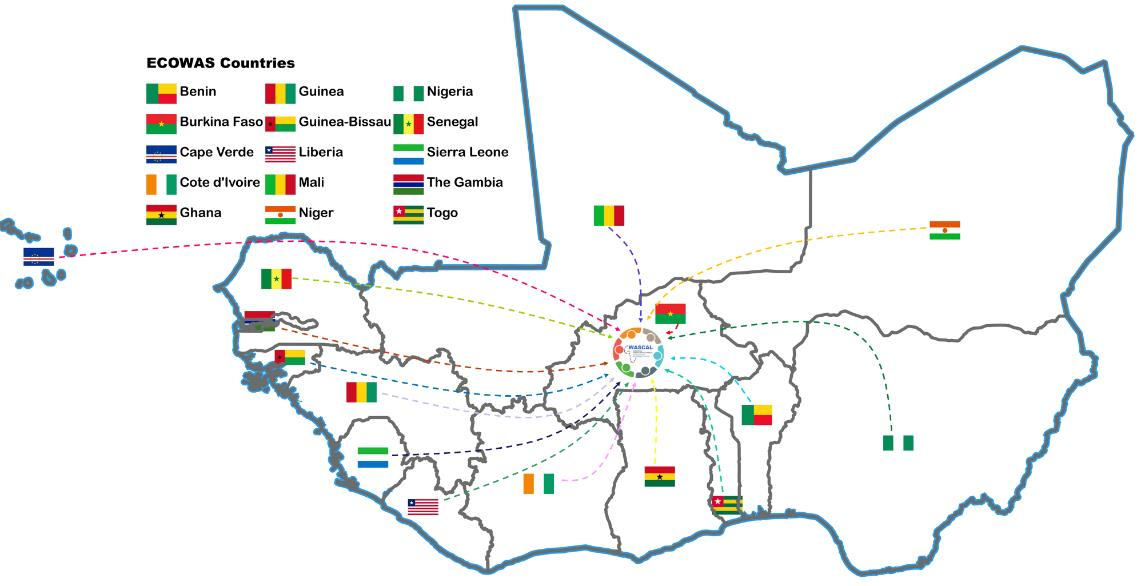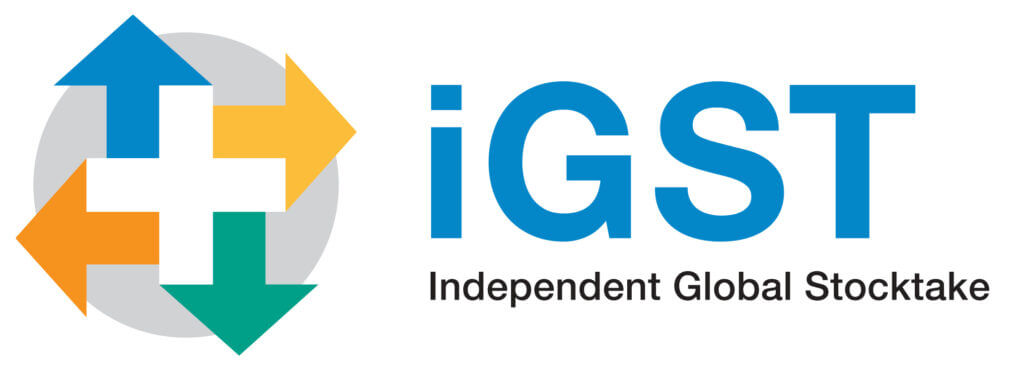
Adopted in 2015, the Paris Agreement (PA) is a legally binding international treaty on climate change that aims to strengthen the global response to climate change by keeping a global average temperature rise well below 2°C and pursuing efforts to limit it to 1.5°C. The Agreement requires an assessment of the world’s collective progress towards climate mitigation, adaptation, and finance goals every five years through an exercise known as the Global Stocktake (GST). Specifically, Article 14 of the PA states that “the Conference Of Parties (COP) shall periodically take stock of the implementation of this Agreement to assess the collective progress towards achieving its purpose and its long-term goals”. Thus, implemented under the authority of the United Nations Framework Convention on Climate Change (UNFCCC), the GST is geared towards empowering countries to increase their commitments (in terms of nationally determined contributions – NDCs) to the Paris Agreement and take bolder climate actions.
The Independent Global Stocktake (iGST) is a consortium of regional civil society stakeholders/hubs and four independent thematic working groups on mitigation, adaptation, finance, and equity that work together to strongly support the implementation of the PA, and to efficiently contribute to the process of GST. These stakeholders include environment, women, and youth-based organizations, farmers and agricultural organizations, universities and research centres, business and industry organizations, indigenous people’s organizations, trade union organizations, labour organizations, regional climate actors, local governments, and municipal authorities, etc. With this rich diversity of non-state stakeholders, iGST can provide complementary support for the achievement of the objectives of the PA by working powerfully together to ensure a well informed and robust GST that empowers and motivates countries to take more excellent climate actions. The iGST also realizing the political realities that constrain the formal GST process, aims to go beyond the GST to ensure the stocktake moment generates maximum positive and long-lasting impacts.
The iGST West Africa (iGST-WA) Regional Hub is a network of climate civil societies organizations, and other stakeholders in West Africa (including all ECOWAS countries) that advocate for the implementation of the PA, and especially for the GST process. The quest of iGST-WA Regional Hub is to put forward a West African lens of climate change priorities and bring together the West African climate change community to advocate for representative, relevant, and responsive GST. Thus, the iGST-WA Regional Hub will facilitate the effective participation of West Africa climate civil society in the GST by providing a platform to engage all interested stakeholders on the priorities that highlight their expectations. It is in this framework that the West African Science Service Centre on Climate Change and Adapted Land Use (WASCAL) and the Council of Scientific and Industrial Research (CSIR) of South Africa have been commissioned by ClimateWorks Foundation to lead the formation and operationalization processes of the iGST-WA Regional Hub.
- Ensure that the ownership of the hub belongs to the members through a bottom-up approach for the formation of the hub.
- Increase the accuracy, transparency, accountability, and relevance of the GST process, focusing on the issues relevant to West Africa.
- Build the capacities of the members of the hub on the GST process, and harness, collate, and synthetize inputs from the climate civil society within the subregion.
- Draw from research conducted in different sectors in West Africa by ensuring that this yields a complete picture of progress on long-term goals of the PA through the GST process.
- Leverage on resources and processes available to secure more funds for its long-term full operationalization.
MEMEBER COUNTRIES

